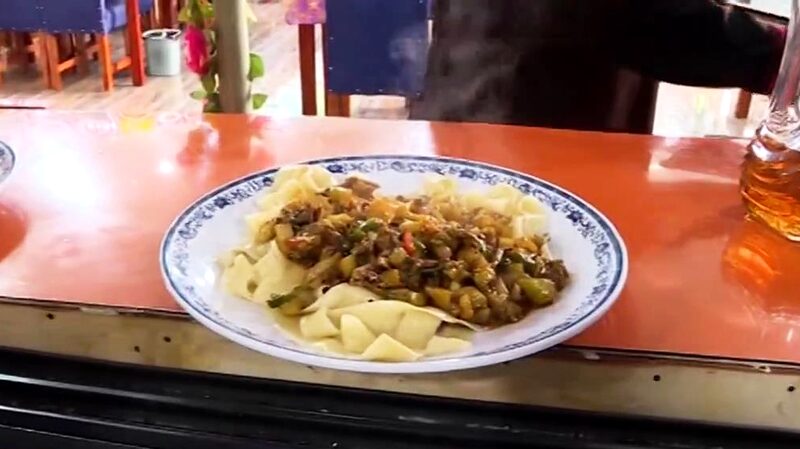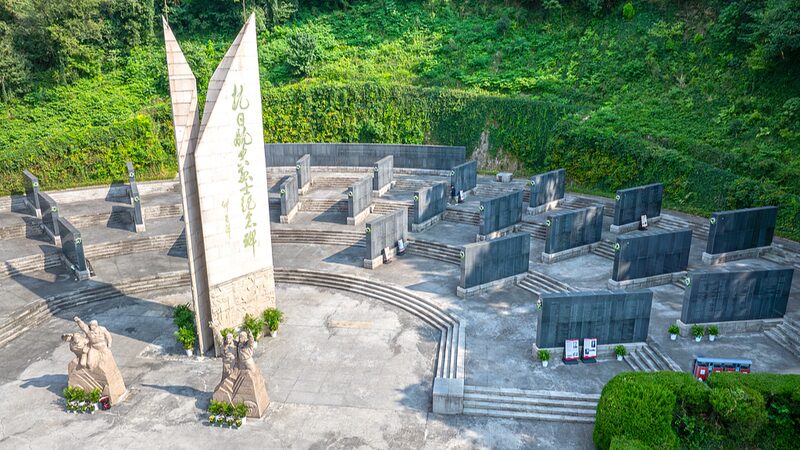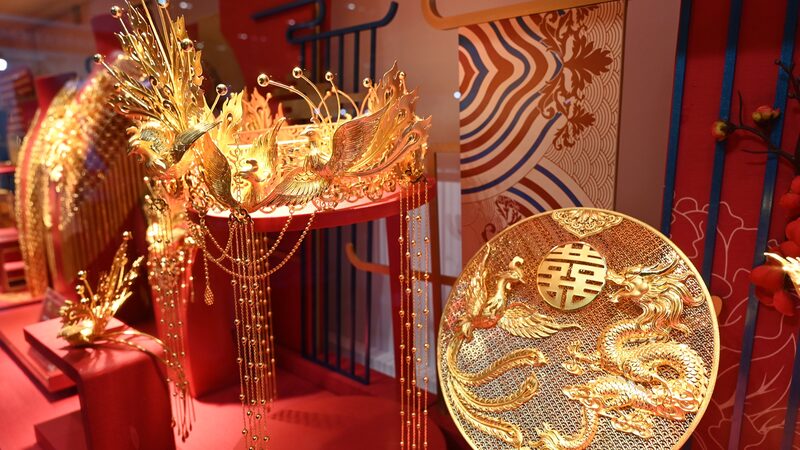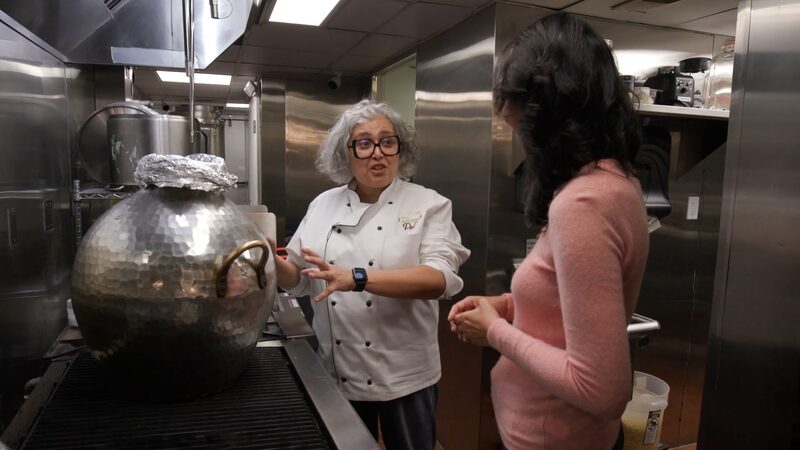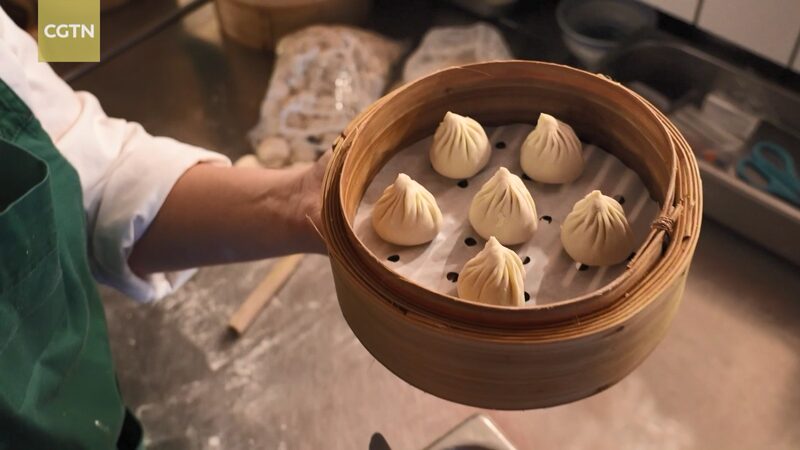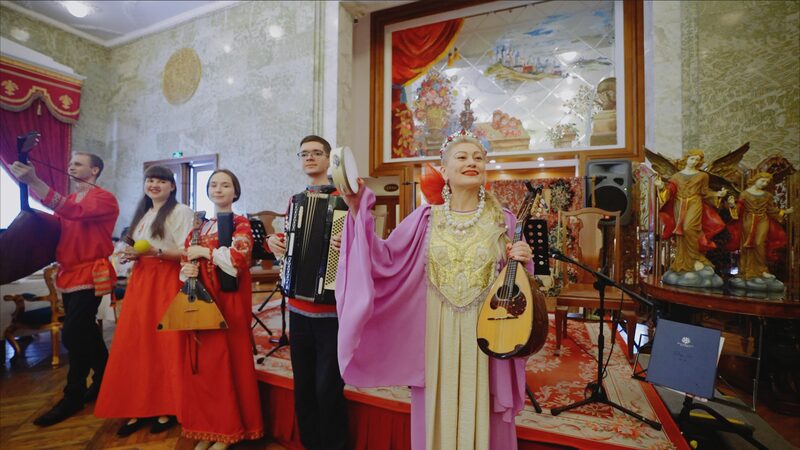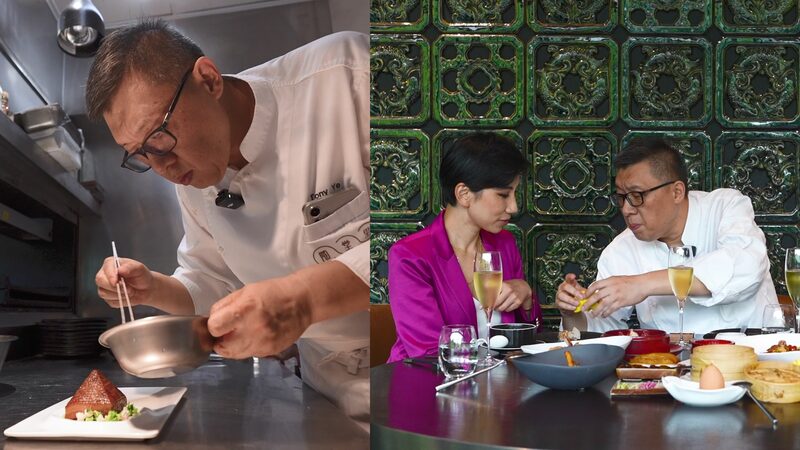A Legacy Forged in Diplomacy
Since opening its doors in the early 1950s, Beijing's Moscow Restaurant has evolved from a diplomatic hub for Sino-Russian dialogue to a cherished social institution. Its grand Soviet-era architecture and ornate chandeliers offer patrons a timeless portal into cross-cultural camaraderie.
From State Banquets to Family Celebrations
Initially hosting state functions for Chinese and Soviet leaders, the restaurant gradually welcomed local families seeking its signature borscht and beef stroganoff. Today, it remains a popular venue for weddings and cultural events, blending Russian culinary traditions with Chinese preferences through dishes like pelmeni (dumplings) with black vinegar dip.
Cultural Cuisine Bridges Nations
The menu's evolution reflects decades of bilateral exchange. Executive chef Li Wei notes: "We honor Russian recipes while incorporating locally sourced ingredients. Our blinis now feature Beijing hawberry jam—a crowd favorite." Vintage photo walls showcasing visiting Soviet ballet troupes and Chinese dignitaries underscore its historical role.
A Living Archive of Shared History
Regular patron Zhang Yiming, whose grandparents attended 1950s diplomatic receptions here, observes: "This place isn't just about food—it's where our nations learned to collaborate. When I bring Russian clients, they feel at home." As Sino-Russian ties deepen, the restaurant continues fostering people-to-people connections, one shared meal at a time.
Reference(s):
Moscow Restaurant's enduring legacy of Sino-Russian cultural exchange
cgtn.com

